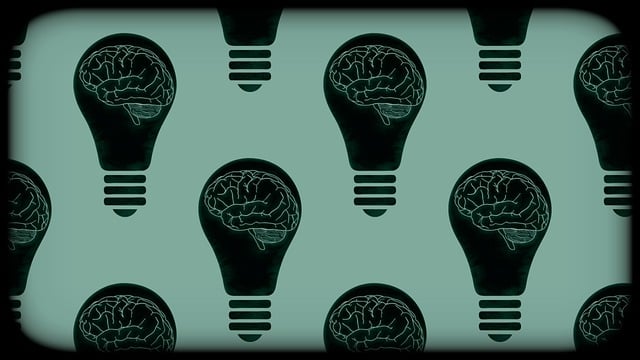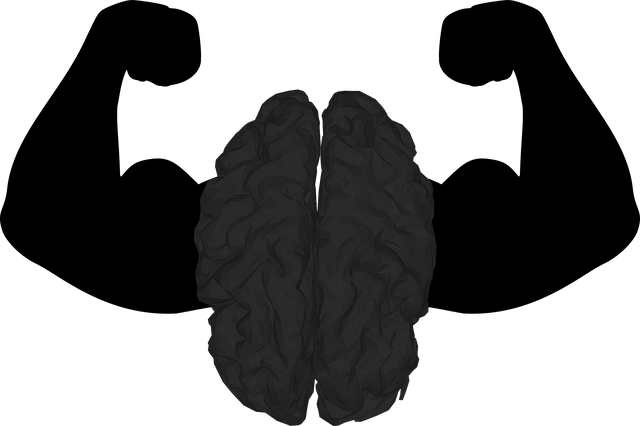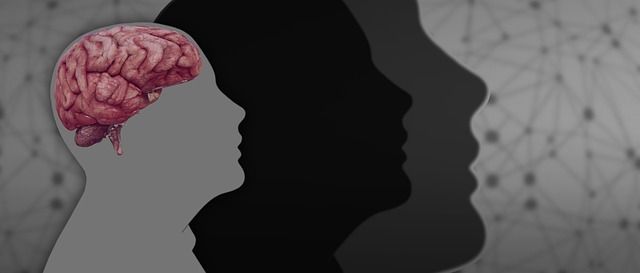Longmont Eating Disorders Therapy focuses on teaching effective emotion management techniques, using cognitive reframing and mindfulness to address deep-seated emotional issues underlying eating disorders. Through tailored sessions, empathy building, and community support, individuals gain emotional awareness, develop personalized coping strategies, and foster positive self-relationships for long-term recovery and enhanced well-being.
Emotion regulation techniques play a pivotal role in managing eating disorders, offering valuable tools for individuals seeking recovery. This article delves into the significance of understanding and mastering these skills, focusing on their impact on eating disorders. We explore effective teaching methods and provide insights into how therapists in Longmont Eating Disorders Therapy integrate these strategies into treatment plans. By learning to manage emotions, individuals can break free from disordered eating patterns and foster lasting wellness.
- Understanding Emotion Regulation and its Impact on Eating Disorders
- Teaching Techniques for Effective Emotion Management
- Implementing Strategies in Longmont Eating Disorders Therapy
Understanding Emotion Regulation and its Impact on Eating Disorders

Emotion regulation is a crucial aspect of mental health that significantly influences various aspects of our lives, including eating disorders. In Longmont Eating Disorders Therapy, understanding and teaching individuals effective emotion regulation techniques can be transformative. These disorders often stem from deep-seated emotional issues, where an individual’s relationship with food becomes distorted as a coping mechanism to deal with overwhelming emotions. By implementing mind over matter principles, such as cognitive reframing and mindfulness practices, therapy empowers patients to manage their emotions more adaptively.
This process involves recognizing and challenging negative thought patterns and replacing them with healthier alternatives. Conflict resolution techniques can also be integrated into the therapeutic framework, enabling individuals to navigate interpersonal dynamics that may trigger eating disordered behaviors. By learning to identify and express emotions constructively, individuals can prevent burnout and develop a more positive relationship with themselves, leading to long-term recovery and improved overall well-being.
Teaching Techniques for Effective Emotion Management

Teaching techniques for effective emotion management is a crucial aspect of Longmont Eating Disorders Therapy. By equipping individuals with appropriate tools, therapists can empower them to navigate and regulate their emotions healthily. One key strategy involves self-care practices, such as mindfulness exercises and journaling, which help individuals gain awareness and control over their emotional responses. These practices allow them to identify triggers, understand their feelings, and develop coping mechanisms tailored to their unique needs.
Additionally, empathy building strategies play a vital role in emotional regulation therapy. Encouraging open communication and fostering understanding between the therapist and client creates a safe space for expressing emotions freely. Through active listening, therapists can reflect on and validate clients’ feelings, helping them feel heard and validated. This empathetic approach not only strengthens the therapeutic bond but also enhances the individual’s ability to recognize and manage their emotions effectively in various situations.
Implementing Strategies in Longmont Eating Disorders Therapy

In Longmont Eating Disorders Therapy, implementing effective emotion regulation techniques is a cornerstone of treatment. These strategies empower individuals to navigate their feelings in healthy and constructive ways, which is crucial for overcoming eating disorders. Through tailored therapy sessions, patients learn to identify and understand their emotions, thereby fostering inner strength development. This process involves exploring alternative coping mechanisms, such as mindfulness practices and cognitive reframing, that can prevent the onset or escalation of disordered eating behaviors.
The Community Outreach Program Implementation plays a significant role in this context by providing a platform for education and support beyond individual therapy sessions. By engaging with the community, individuals struggling with eating disorders can access resources, share experiences, and build social connections, all of which contribute to enhanced emotional resilience. Moreover, addressing underlying issues like depression prevention becomes more manageable when combined with robust emotion regulation techniques, ensuring comprehensive care within Longmont Eating Disorders Therapy.
Emotion regulation techniques are a powerful tool in the fight against eating disorders, as evidenced by their successful implementation in Longmont Eating Disorders Therapy. By teaching individuals effective emotion management strategies, we can significantly enhance their overall well-being and recovery journey. Through tailored instruction and practical applications, these techniques empower people to navigate their emotions healthily, fostering resilience and a deeper understanding of themselves. This approach not only complements traditional therapy but also offers a comprehensive strategy for long-term recovery in the competitive landscape of eating disorders treatment.














